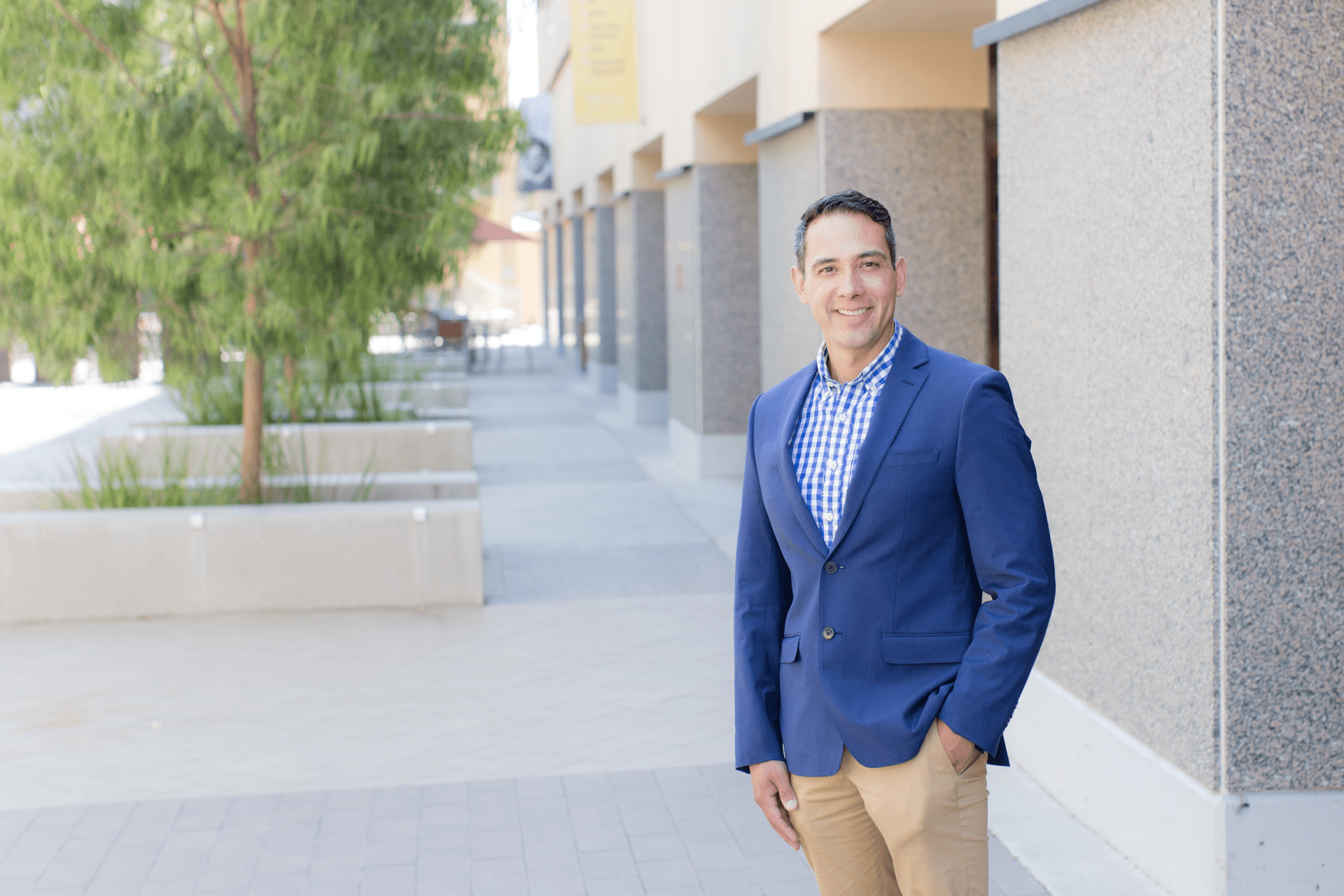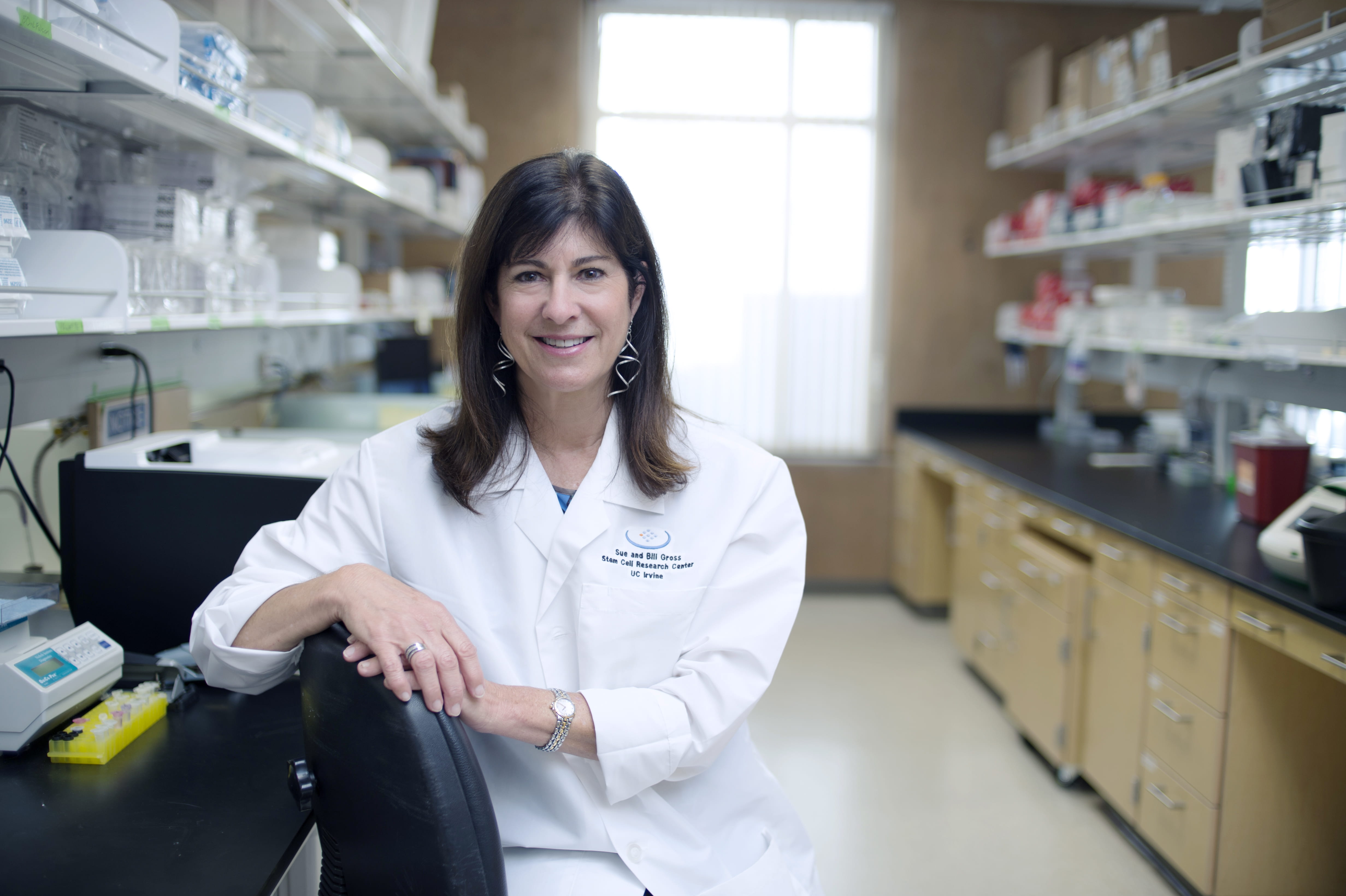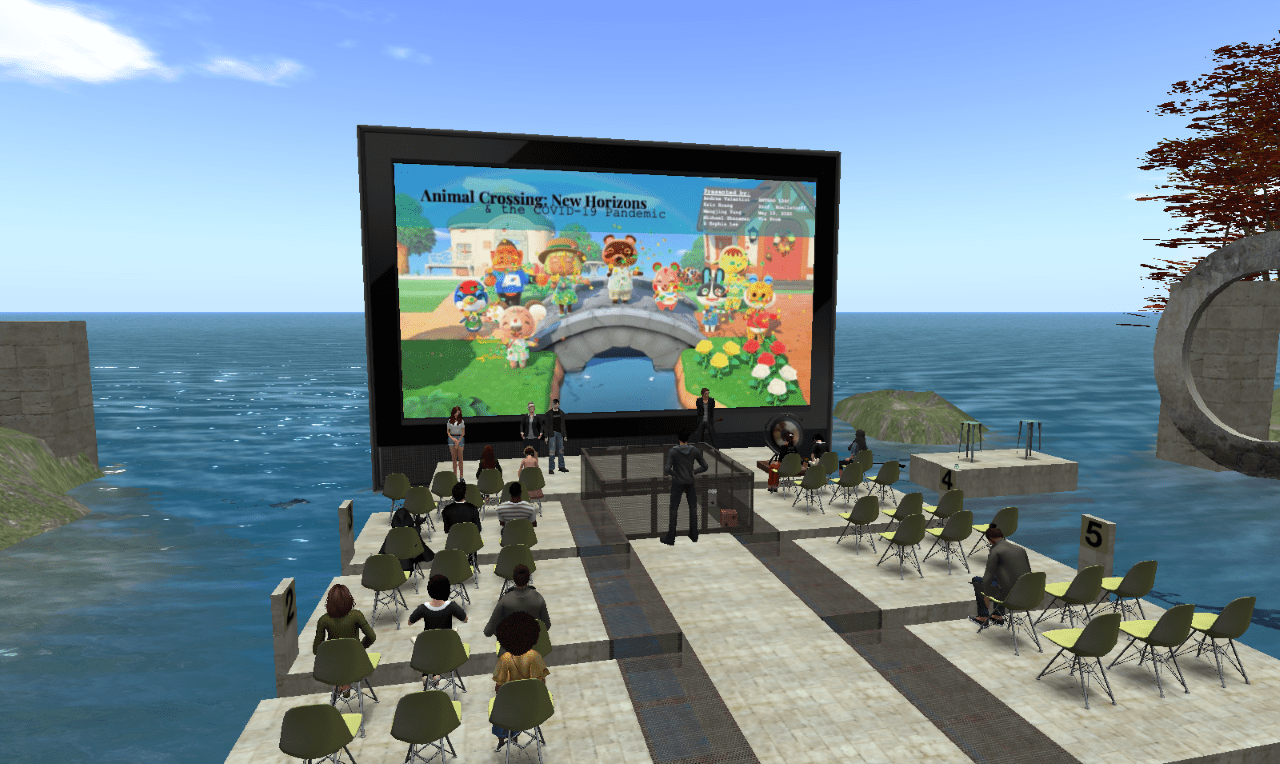UCI researcher gets NSF-backed grant to study wildfires' effects on farmworkers
Joint project will investigate their disproportionate impact on vulnerable population

Irvine, Calif., Oct. 20, 2021 – Michael Méndez of the University of California, Irvine has received a two-year, $400,000 grant from the National Center for Atmospheric Research’s Early Career Faculty Innovator Program. It will fund a joint project with researchers at NCAR – which is sponsored by the National Science Foundation – to explore the disparate treatment of undocumented Latino/Latina and Indigenous migrant farmworkers during extreme wildfire events in Sonoma County.
“There’s a lot of power, racial and citizenship dynamics happening here,” said Méndez, assistant professor of urban planning and public policy. “It’s an issue that’s sensitive and contentious at the same time.” He added that Sonoma County is “a bastion of California’s high-end wine industry.” Government officials, migrant rights advocates and other community leaders will collaborate with the research team to document how the health and safety concerns presented by increasing wildfires disproportionately impact these two low-income communities of color.
Méndez stated that one particular concern stems from the experiences of farmworkers asked to safeguard crops – wine grapes – from smoke and ash during wildfires. They’re expected to labor in dangerous conditions and enter mandatory evacuation zones considered hazardous to the general population. “These individuals are often not provided with proper occupational health and safety standards and equipment, let alone assistance for disaster relief,” Méndez said. “Should they get sick from the smoke, lose their home or their job, they’re not eligible for unemployment assistance or federal disaster funds because of their immigration status. Many of them don’t have healthcare as well.”
A pair of NCAR scientists, Rebecca Hornbrook and Rebecca Buchholz, will use air quality sensor networks and atmospheric chemistry models to quantify the smoke exposure that the agricultural workers experience on the job.
Between the data mapping of where the wildfires happen, interviews with the affected workers and other key stakeholders such as employers and policymakers, and the quantitative air quality data, “I am hopeful that our study will contribute to policies that will more effectively protect vulnerable populations during environmental disasters,” Hornbrook said.
Policy change also is a goal of this project for Méndez, who hopes the results of the study will lead to broader engagement with multiple audiences, policymakers and other types of experts working in the disaster and environmental sciences. He said, “If you’re asking people to risk their lives, there need to be stronger mandates that these employers have to follow as these individuals go into disaster zones.” He wants to see real-time air quality monitoring, post-exposure testing and statewide guidance for employers regarding emergency plans for dangerous labor conditions, such as the provision of N-95 masks to protect the workers, hazard pay and transportation to evacuate individuals if an area becomes too hazardous.
Méndez recognizes that undocumented Latino and Indigenous migrants are a critical part of the economy and the local community. “They’re not hidden, but they’re rendered invisible in the context of public policy,” he said. “Political choices are being made that prioritize some lives over others.” He wants this study to peel back the layers of contextual and structural issues and engage policymakers in thinking more critically about changes to improve the circumstances of vulnerable populations – first at the local and state levels, then nationally.
Méndez has a history of working at the intersection of environmental justice and climate change, particularly as it relates to public health and air quality. In his award-winning book Climate Change From the Streets: How Conflict and Collaboration Strengthen the Environmental Justice Movement, he argues that “critical attention must be placed on the cultural and human dimensions of climate policy” if society is to successfully navigate the rapidly progressing phenomenon of climate change. This year, Méndez became the first Latino scholar to receive the National Academies’ Henry and Bryna David Endowment award for his wildfire and migrant research. The endowment annually recognizes one “leading researcher who has drawn insights from the behavioral and social sciences to inform public policy.”
About the University of California, Irvine: Founded in 1965, UCI is the youngest member of the prestigious Association of American Universities and is ranked among the nation’s top 10 public universities by U.S. News & World Report. The campus has produced three Nobel laureates and is known for its academic achievement, premier research, innovation and anteater mascot. Led by Chancellor Howard Gillman, UCI has more than 36,000 students and offers 224 degree programs. It’s located in one of the world’s safest and most economically vibrant communities and is Orange County’s second-largest employer, contributing $7 billion annually to the local economy and $8 billion statewide. For more on UCI, visit www.uci.edu.
Media access: Radio programs/stations may, for a fee, use an on-campus ISDN line to interview UCI faculty and experts, subject to availability and university approval. For more UCI news, visit news.uci.edu. Additional resources for journalists may be found at communications.uci.edu/for-journalists.
About the UCI’s Brilliant Future campaign: Publicly launched on October 4, 2019, the Brilliant Future campaign aims to raise awareness and support for UCI. By engaging 75,000 alumni and garnering $2 billion in philanthropic investment, UCI seeks to reach new heights of excellence in student success, health and wellness, research and more. The School of Social Ecology plays a vital role in the success of the campaign. Learn more by visiting https://brilliantfuture.uci.edu/uci-school-of-social-ecology/.


